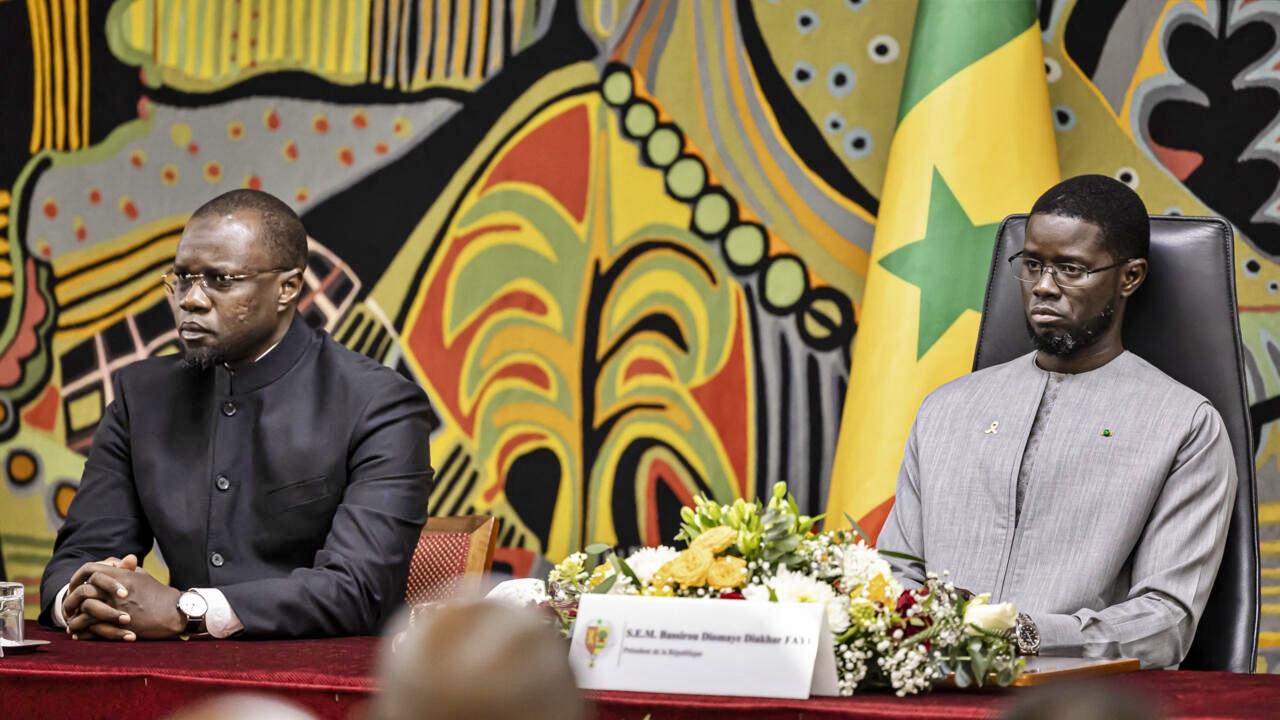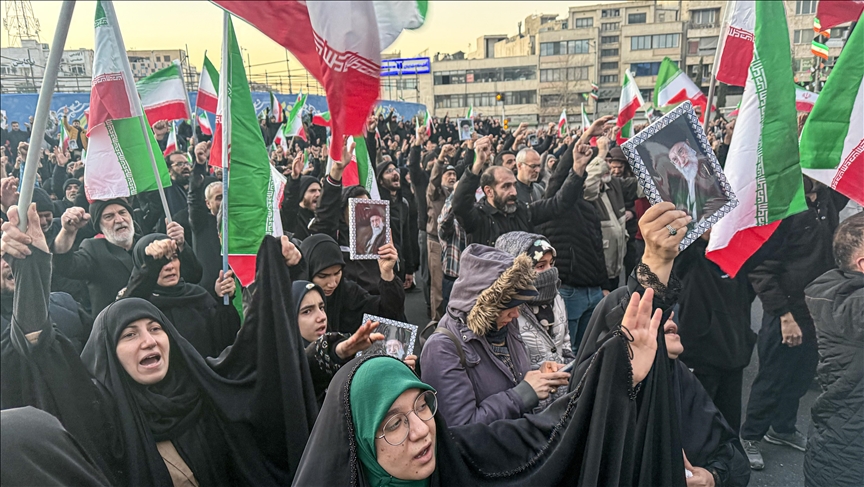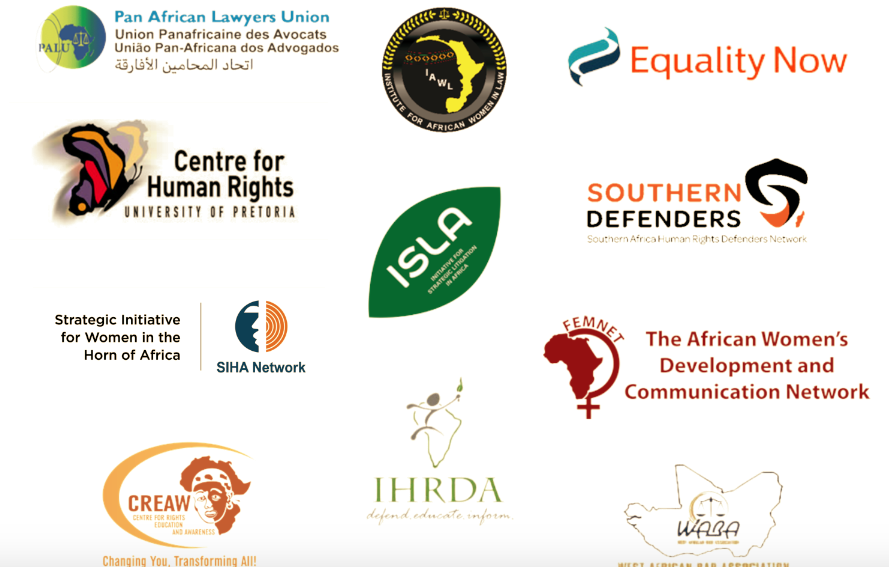Gambiaj.com – (BANJUL, The Gambia) – A coalition of organizations has expressed grave concerns over the proposed repeal of sections of the Women’s (Amendment) Act of 2015, which criminalizes Female Genital Mutilation (FGM) in The Gambia. The coalition fears that the repeal would undermine the protection of women’s and girls’ rights and dignity.
In a joint statement, the organizations highlighted the critical role of recognizing FGM as a public health concern. They referenced a 2021 report by the United Nations Children’s Fund (UNICEF), which revealed that 76% of Gambian women aged 15-49 and 46% of girls aged 14 and below have undergone FGM. These statistics emphasize the fragile state of human rights protections for women and girls in The Gambia.
The statement noted that a bill aiming to repeal sections 32(A) and (B) of the 2015 Act has progressed to the committee stage, passing with a voting ratio of 42:4. The bill is now set for further scrutiny before a vote in the National Assembly in June 2024. If enacted, the repeal would signify a significant regression in protections against FGM, endorsing what the coalition described as “cruel and inhumane” treatment of women.
The organizations underscored that repealing the anti-FGM law would violate The Gambia’s legal commitments to several international and regional human rights treaties. These include the African Charter on the Rights and Welfare of the Child, the Maputo Protocol, the Convention on the Elimination of Discrimination Against Women (CEDAW), and the Convention Against Torture.
Moreover, the proposed repeal would contravene universal values enshrined in the African Charter on Human and Peoples’ Rights (ACHPR), the Universal Declaration of Human Rights (UDHR), and the International Covenant on Civil and Political Rights (ICCPR). The coalition also pointed out that The Gambia, as a member of ECOWAS, the African Union (AU), and the United Nations (UN), is expected to uphold a zero-tolerance policy on FGM.
The statement emphasized that repealing the anti-FGM law would not only endanger women’s and girls’ rights but also set a dangerous precedent for repealing other protections for vulnerable groups. This could potentially increase the prevalence of FGM, further endangering the health and lives of women and girls.
The coalition called on the Gambian government to uphold its commitment to the Zero Tolerance Policy on FGM and maintain the provisions criminalizing the practice. They urged the authorities to recognize the inherent risks associated with the repeal and to protect the rights and well-being of women and girls in The Gambia.
The statement concluded with a plea for the Gambian government to enforce the existing laws to safeguard women’s rights and prevent a rollback of the progress made in combating gender-based violence.
The joint statement was signed on May 31, 2024, by the following organizations committed to protecting human rights and gender equality:
1. The Association for the Promotion of Girls’ Rights
2. Gambia Women’s Rights Advocacy Group
3. National Council for Child Protection
4. The African Centre for Democracy and Human Rights Studies
5. Women’s Action for Development
6. Gambia Committee on Traditional Practices Affecting the Health of Women and Children (GAMCOTRAP)
These organizations collectively stress the importance of maintaining the anti-FGM law to protect the health, security, and bodily integrity of women and girls in The Gambia.









